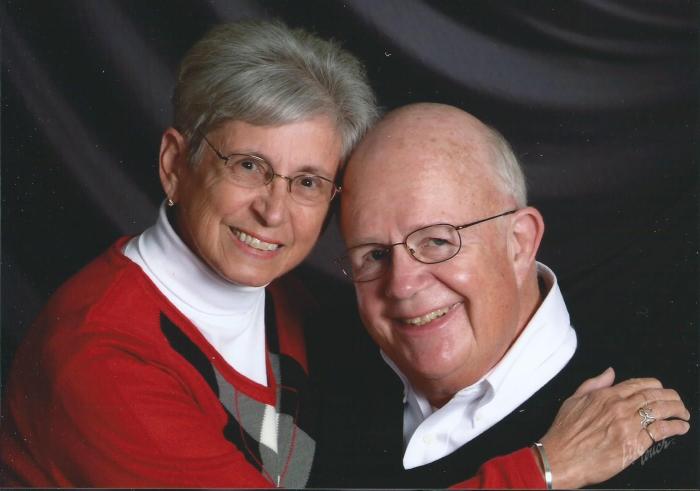Chester and Lester were brothers. They were both dishonest businessmen, unfaithful to their wives, abusive of their children, and cruel to their employees. Then Lester died.
Chester went to a pastor who had been recruited to conduct the funeral service and made an offer: “I will give your church $1 million if you say in your sermon that Lester was a saint.”
The pastor served a small and struggling congregation. $1 million would save it. He accepted Chester’s offer.
On the day of the funeral, the pastor began his sermon like this:
“You all know that Lester was a dishonest businessman, unfaithful to his wife, abusive of his children and cruel to his employees. But compared to his brother Chester, Lester was a saint.”
*****
I’ve always called myself an independent voter. I admit that I have voted for Democrats more often than Republicans, but I have voted for Republicans, and once in the distant past was interviewed by the Republican party about the possibility of being a candidate in a local election. In recent years, however, I have been less likely to vote for Republicans, and since the party starting kowtowing to Trump, I have informed my family that they should lock me in my room on Election Day if I ever hinted at voting for a Republican.
But sometimes it’s hard to be a Democrat.
We Democrats are idealistic people with a tendency toward naivete. As Attorney General nominee in this year’s election, Minnesota Democrats (actually, in Minnesota they are known as “DFLers”, since the party is officially the Democratic Farmer Labor Party) selected Keith Ellison. Mr. Ellison has served honorably in the United States House of Representatives for 11 years, and is deputy chair of the Democratic National Committee.
Soon after the campaign got underway, allegations were made that Mr. Ellison was guilty of domestic abuse. Now I am certain that if these allegations had been made against a Republican candidate, the Democratic machine would have been all over them like Viking defensive linemen on a fumbled football. But shucks—Mr. Ellison is one of ours, and he says he didn’t do it, so he deserves the benefit of the doubt much more than any Republican, and besides, a law firm tied to the party says he didn’t do it, so that’s that. Democrats believe in believing women who make such charges, unless they are making them against one of ours, in which case…. Besides, we haven’t gotten over Al Franken yet. Well, some proposed that the party drop its endorsement of Ellison and select another candidate, but Democrats are loyal people, and he is a Significant Person in the national party, so that did not come to pass.
Mr. Ellison is African-American. He is Muslim. We Democrats were sure that would not matter out in what is called “Greater Minnesota.” Unfortunately, we might have been a touch overly optimistic out there. Now he has been accused of domestic abuse. And he has made it clear that his primary agenda as Attorney General would be to take on the Trump administration with a series of law suits. This sounds to me like wanting to be pastor of Melanchthon Memorial Lutheran Church in order to reform the National Council of Churches.
Guess what. His opponent is now ahead in the polls. The Republican. To put this in perspective, Minnesota has had Democratic Attorneys General since 1971.
The Republican nominee is one Doug Wardlow, who represented my neighborhood in the Minnesota House of Representatives for one term. As far as I am concerned, he is what Mark Twain once called “a good man in the worst sense of the word.” He is a faithful churchgoer. He worries that Christians are victims of discrimination in this country. (He probably also thinks that white men are oppressed.) He is strongly anti-abortion and anti-same sex marriage. Mr. Wardlow wants to “de-politicize” the Attorney General’s office. He has said that he will do that by firing all the Democrats who work there. Sounds like a plan to me. “De-politicizing” at its best.
The election reminds me of Chester and Lester.
A guy cannot reasonably expect purity in the political realm. He has to make a choice anyway. I don’t like Ellison, but I will vote for him, because in comparison to his opponent, he is Thomas Jefferson. Strange bedfellows, and all that.
Ain’t politics fun?

